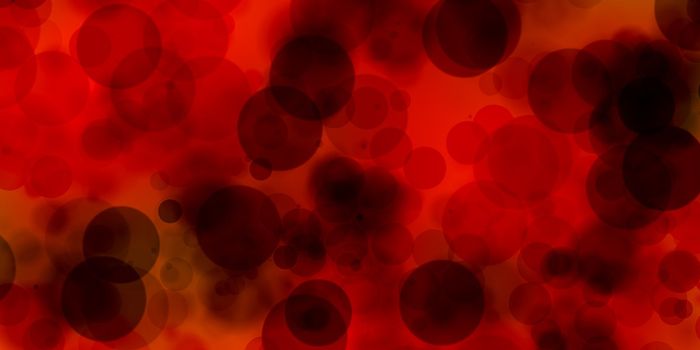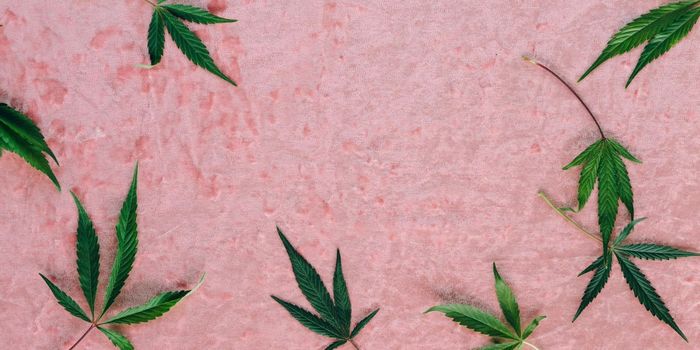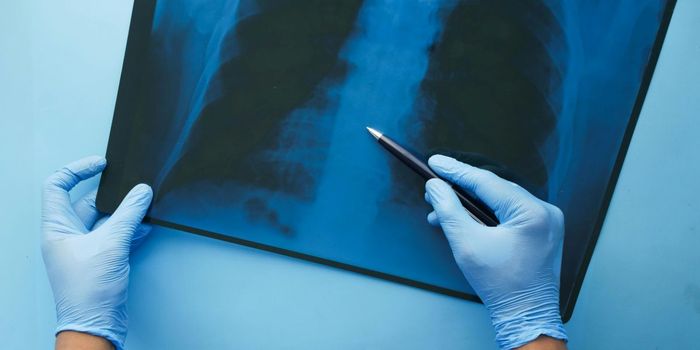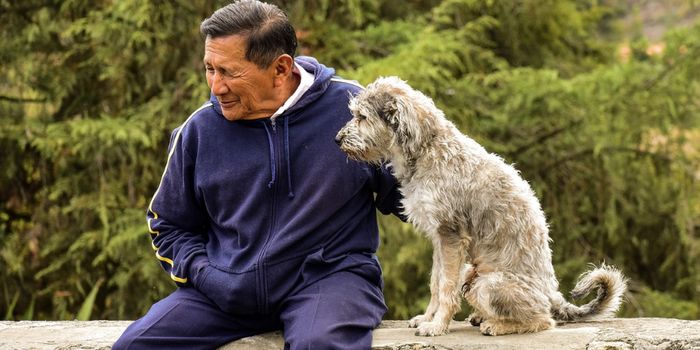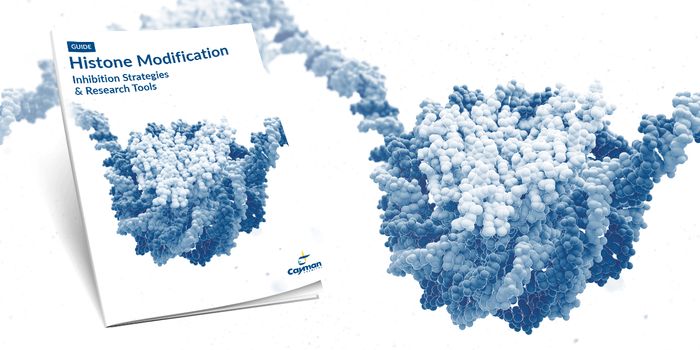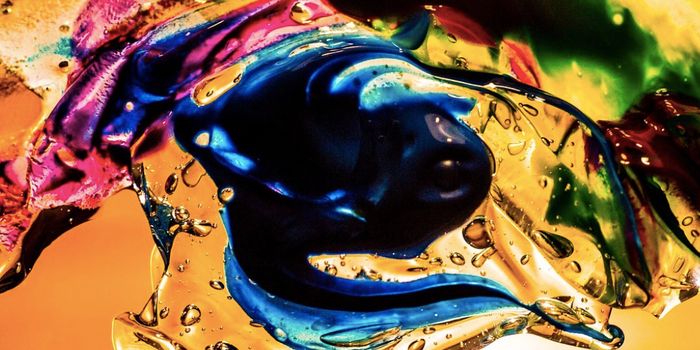The amount of poison ivy in our environment is on the rise, due in part to increased carbon dioxide levels. It is estimated that 80 percent of the population is allergic to poison ivy. New research by scientists working in collaboration at Duke Health and Zhejiang Chinese Medical University may have identified a new strategy for relieving the terrible itching that poison ivy causes.
Publishing in the Proceedings of the National Academy of Sciences, the investigators used an antibody to block a protein in the skin, effectively stopping the signals to the brain that cause the itchiness.
The senior author of the work, Sven-Eric Jordt, an Associate Professor of Anesthesiology at Duke, noted that while poison ivy is not a life-threatening condition, there are still significant costs associated with treating the estimated 10 million people in the United States that are affected every year.
"Poison ivy rash is the most common allergic reaction in the U.S., and studies have shown that higher levels of carbon dioxide in the atmosphere are creating a proliferation of poison ivy throughout the U.S. -- even in places where it wasn't growing before," Jordt commented. "When you consider doctor visits, the costs of the drugs that are prescribed and the lost time at work or at school, the societal costs are quite large."
While antihistamines are often used to effectively treat the blistering and sometimes painful rash, they don’t always work. It seems that the worst itching associated with poison ivy arises from a different source than histamines. The scientists found that interleukin 33 (IL-33), a protein in the skin that has a role in the immune response, causes that severe itch.
IL-33 is normally found in the skin, but Jordt noted that it is present at high levels in people that suffer from eczema and psoriasis. The investigators have shown that IL-33 has a role outside inflammation; it also excites nerves in the skin, transmitting a signal to the brain that the skin is itchy. When the scientists halted the activity of IL-33 by using an antibody, it reduced both inflammation and scratching in mice that had rashes from poison ivy. Blocking a receptor for IL-33 (called ST2) also relieved the itch.
An antibody against IL-33 for use in humans is currently in a Phase I clinical trial to check for side effects and safety.
"There could be translational significance here," Jordt said. "So our next step will be to look at human skin to see if we see the same activity and the same pathways. We will also look at anti-inflammatory drugs that are already approved to see if they have the potential to alleviate itch."
For more about how poison ivy causes a rash, watch the video above from The National Institute for Occupational Safety and Health (NIOSH). The brief video below illustrates how climate change is affecting poison ivy growth.
Sources:
AAAS/Eurekalert! via
Duke Health,
PNAS


